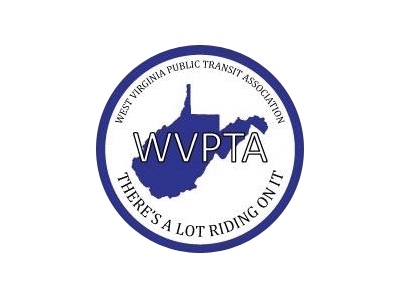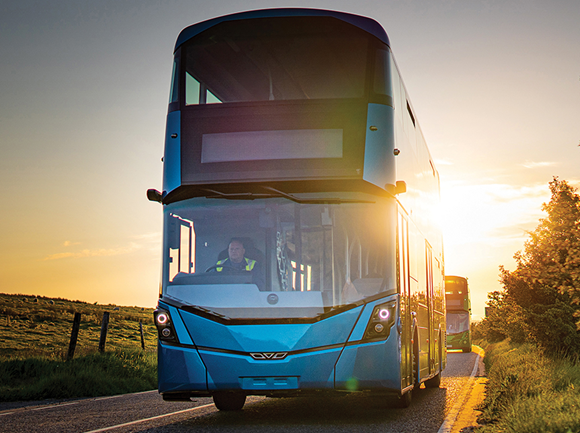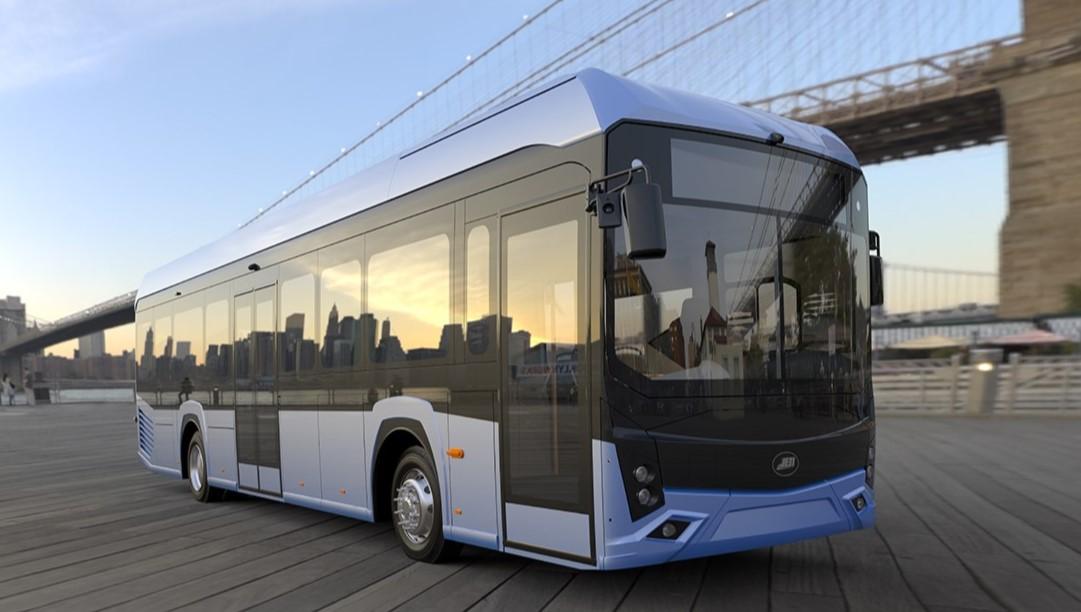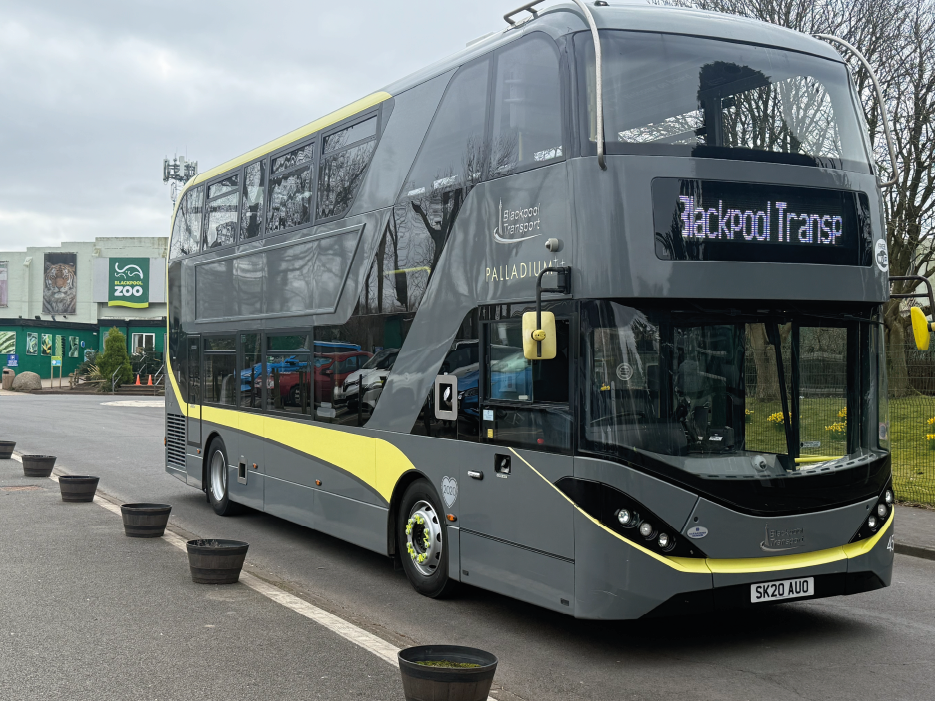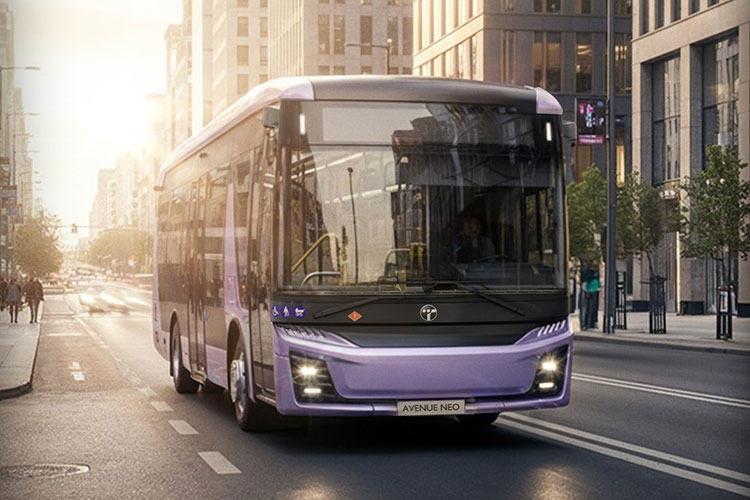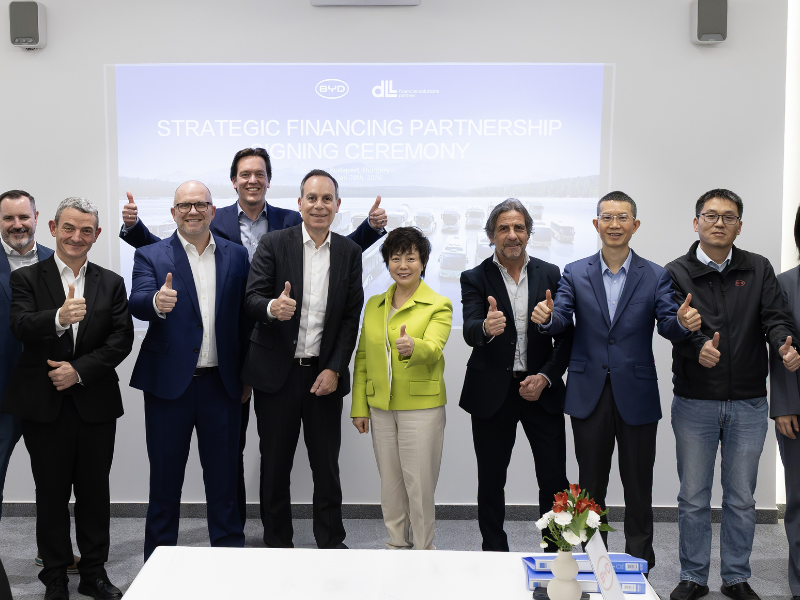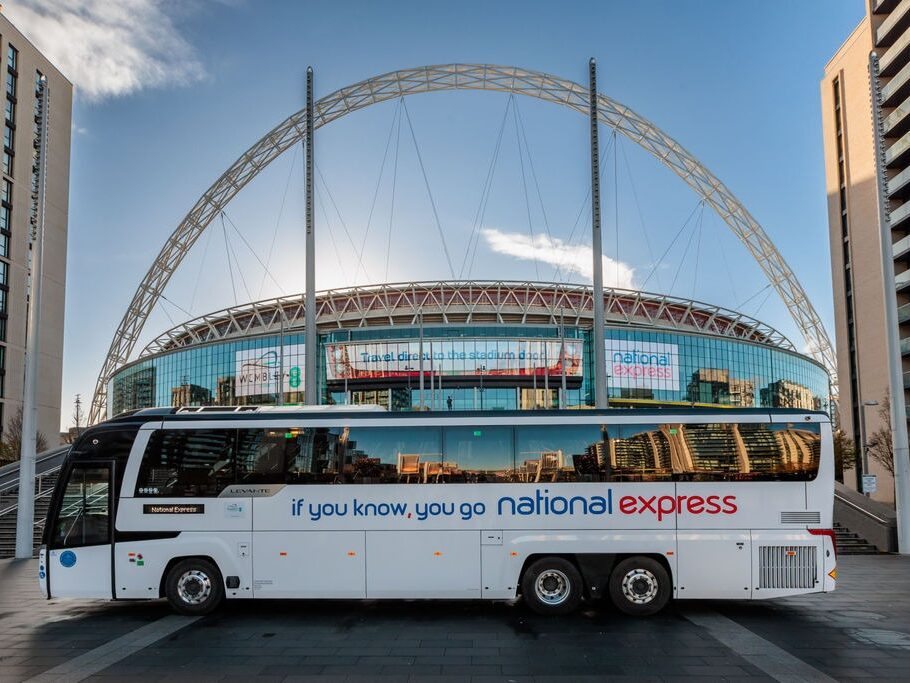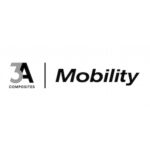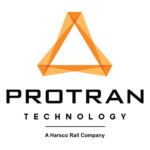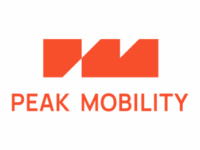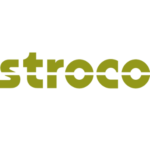The West Virginia Public Transit Association (WVPTA) was established in 1977 to represent the agencies that provide public transportation services to the residents of West Virginia. WVPTA consists of 18 public transit agencies serving 32 counties providing services to citizens on fixed routes, deviated fixed routes, demand response and non-emergency medical transportation services.
WVPTA Mission
The mission of the WVPTA is to provide a medium for exchange of experience, discussion, and comparative study of transit and related problems in West Virginia.
West Virginia Public Transportation Plays an Essential Role in Everyday Life. We connect senior citizens to the grocery store and pharmacy, moms and dads to work, people to education, and rides to meet the independent living needs of people with disabilities. We provide critical service to thousands of our friends, families and neighbors.
Getting the Economy Moving
- Public transportation provides an affordable, and for many, necessary alternative to driving.
- Offers freedom of mobility, accessibility, opportunity, and choice for people in all walks of life.
- Benefits communities through increased business revenues, growing property values, and more tax revenues.
- Supports healthy, livable communities with vibrant business and employment centers
- Provides environmentally responsible and safe mobility choices that reduce traffic congestion, noise, air pollution, and associated public health risks
- Improves a community’s ability to respond to emergencies and security threats
- Makes the entire transportation system work better for all its users—people and freight
- Each year an individual can achieve an average annual savings of $9,343 annually based on the July 7, 2010 national average gas price
- Every $1 invested in public transportation projects generates approximately $6 in local economic activity
Economical and Green
- Improve air quality; Save energy
- Reduce greenhouse gas emissions
- Support mixed land use and sustainable development that combat sprawl;
- Facilitate compact development, conserving land and decreasing travel demand
- Foster use of advanced and emerging technologies such as hybrid buses
- Public transportation saves the U.S. the equivalent of 4.2 billion gallons of gasoline annually – more than three times the amount of gasoline refined from the oil we import from Kuwait.
- Public transportation use saves the equivalent of 900,000 automobile fill-ups every day.
- Public Transportation offers an immediate alternative for individuals seeking to reduce their energy use and carbon footprints. Taking public transportation far exceeds the combined benefits of using energy- efficient light bulbs, adjusting thermostats, weatherizing one’s home, and replacing a refrigerator.
- If an individual switches a 20-mile roundtrip commute to public transportation, his or her annual CO2 emissions will decrease by 4,800 pounds per year, equal to a 10 percent reduction in a two- car household’s carbon footprint

